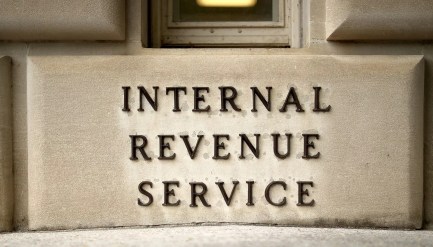Question: Should a church or employer file the 6056 return, and what does the process involve?
Overview of Section 6056 Requirements
The Affordable Care Act added Section 6056 to the Internal Revenue Code, requiring “applicable large employers” (ALEs) to file annual information returns with the IRS and provide statements to their full-time employees about the health insurance coverage offered. This is essential for administering the employer shared responsibility provisions and determining employee eligibility for premium tax credits.
Who Qualifies as an Applicable Large Employer?
- An employer with an average of at least 50 full-time employees (including full-time equivalents) on business days during the preceding calendar year.
- Full-time employees generally work at least 30 hours per week.
- Religious or nonprofit employers are not exempt from these requirements.
Key Points About Filing Form 6056
The following are important considerations for ALEs:
- The first filing requirements began for coverage offered in 2015, with returns due in 2016.
- Form 1094-C (transmittal form) and Form 1095-C (employee statement) are required to satisfy the reporting requirements.
- Large employers with self-insured health plans use Form 1095-C to meet both Section 6055 and 6056 requirements.
Reporting Deadlines
- IRS Filing: File Form 1094-C and 1095-C by February 28 (or March 31 if filing electronically) of the year following the coverage year.
- Employee Statements: Furnish statements to employees by January 31 of the year following the coverage year.
Filing Process and Methods
There are three main methods for filing under Section 6056:
General Method
The general method involves filing Form 1094-C and providing Form 1095-C for each full-time employee. These forms report the health coverage offered and other required details.
Alternative Methods
Two alternative reporting methods aim to reduce administrative burdens for employers. Detailed explanations of these methods are available on the IRS website (IRS Questions and Answers on Reporting).
Electronic Filing
- Employers filing fewer than 250 returns may file on paper; others must file electronically.
- Electronic furnishing of employee statements is permitted with employee consent.
Penalties for Noncompliance
Failure to file Form 6056 or furnish employee statements on time may result in penalties under Sections 6721 and 6722. Common issues include:
- Missing deadlines
- Omitting required information
- Providing incorrect information
Employers may qualify for penalty waivers or abatements for reasonable cause under Section 6724.
FAQs About Filing Form 6056
What is the purpose of Form 6056? Form 6056 reports health coverage offered by ALEs to help the IRS administer shared responsibility provisions and determine premium tax credit eligibility. Do religious or nonprofit employers need to file? Yes, religious and nonprofit employers that meet the ALE criteria are subject to the same filing requirements. Can employers hire third-party providers to assist? Yes, third-party administrators can file returns and furnish employee statements on behalf of employers. Are there penalties for filing late? Yes, late filing or incorrect information may result in penalties. However, reasonable cause waivers may apply.
Conclusion
Filing Form 6056 is a critical responsibility for applicable large employers to comply with ACA requirements. Understanding deadlines, filing methods, and potential penalties ensures accurate and timely compliance. Employers should consult IRS resources or qualified professionals to navigate these obligations effectively.


